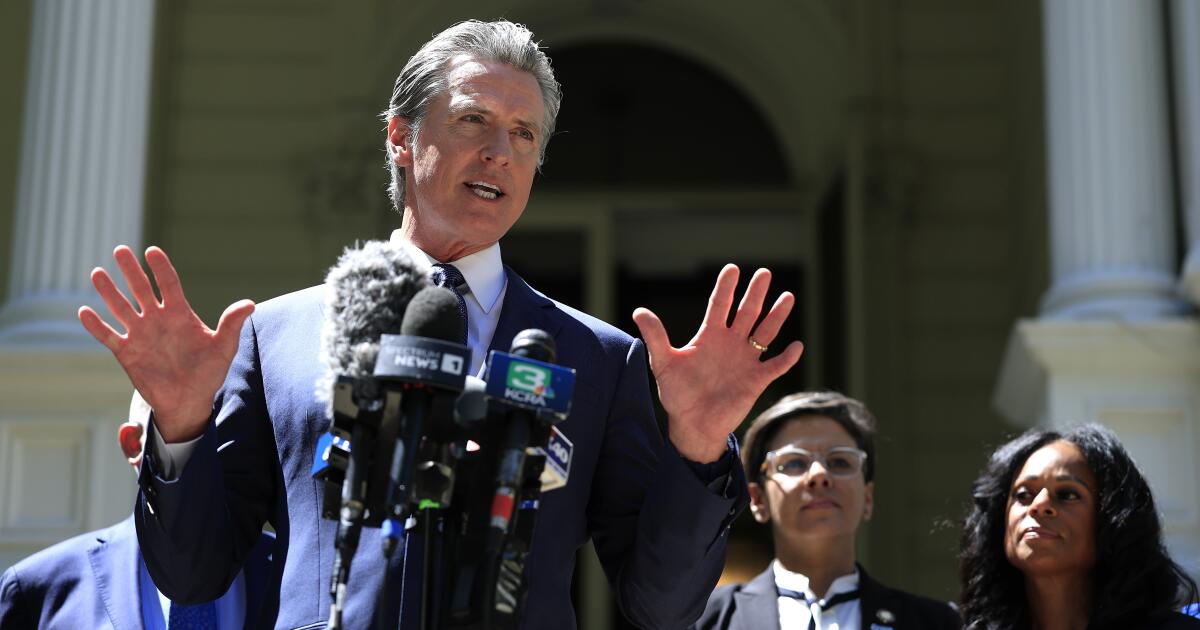As final week’s UN Summit of the Future aimed for daring actions, our new research within the Worldwide Research Quarterly finds that residents world wide certainly assist very far-reaching reforms of worldwide governance. Overwhelming majorities in varied nations throughout the worldwide South, North, East, and West assist the creation of a democratic world authorities to deal with urgent world challenges like local weather change.
Lengthy supported by the likes of Einstein, students and advocates right now promote related concepts akin to “cosmopolitan democracy.” Nevertheless, such proposals are sometimes discarded shortly, primarily based on the argument that most individuals wouldn’t assist them. Our research refutes such claims.
We carried out a world survey experiment to discover public assist for various notions of a world authorities. Between 2017 and 2021, we surveyed greater than 42,000 respondents in 17 nations worldwide, representing 54 % of the world inhabitants. Respondents in every nation had been randomly assigned to both the management or a remedy group. Individuals within the management situation had been requested to what extent they assist or oppose “the institution of a world authorities”. For one more group, the proposed world authorities was specified as democratic; whereas yet one more remedy conceptualized world authorities as centered on transnational points, later together with COVID-19 throughout the pandemic. Lastly, the complete proposal we deal with right here mixed the democratic and world points specs:
The institution of a world authorities which ought to be democratic in that individuals worldwide can be represented via free and honest elections or different methods of citizen participation, and which ought to have the best and the ability to take care of world points like local weather change, world poverty, and worldwide peace; whereas nationwide governments would keep management over points that aren’t world.
Determine 1: Response proportions by situation throughout nations, utilizing equal weights
Notes: Potential deviations from 100% in every row are as a consequence of rounding. See Desk 1 in our on-line appendix for particulars on the survey setups.
Determine 1 reveals that assist throughout nations (weighting every nation equally) rose from 48 % when unspecified to 68 % when it was made clear that the proposed world authorities can be democratic and 67 % when centered on world points. Furthermore, 69 % of respondents throughout nations supported a democratic world authorities centered on transnational points. Throughout the pandemic, once we specified the main target of a democratic world authorities as coping with COVID-19, assist rose to 72 % throughout nations.
When weighting nations primarily based on their inhabitants sizes (quite than equally), 72 % throughout our survey nations supported a democratic world authorities centered on transnational points (see Determine 2). With inhabitants weights, even the unspecified world authorities proposal was supported by 58 % throughout our survey nations.
Determine 2: Response proportions by situation, throughout all nations, utilizing inhabitants weights

Notes: See notes under Determine 1.
Determine 3 reveals that majorities in all our survey nations – aside from the USA – supported the proposal of a totally specified world authorities. Egypt, India, Kenya, Indonesia, South Korea, and Colombia had the most important majorities in favor, starting from 82 % to 77 % of respondents supporting the thought. In Europe the assist ranged from 75 % in Hungary by way of Turkey (73%), Spain (70%), and France (67%) to 64 % in the UK.
The US was the one surveyed nation with out majority assist, as solely 45 % supported the thought. It additionally had by far largest share of “strongly oppose” solutions with 24 %. Argentina and Russia had been the subsequent least supportive nations, however nonetheless 56 % and 58 % respectively of respondents there endorsed such a world authorities.
Determine 3: Attitudes on democratic world authorities centered on world points, by nation

Notes: See notes under Determine 1.
Typically, assist for a democratic world authorities centered on transnational points is even stronger in much less free, much less highly effective, and/or much less developed nations (see Determine 4). Our article discusses the hope for extra worldwide affect (in much less highly effective nations) and a extra democratic say on world points (in much less free nations) as a number of the doable causes.
On the flipside, fears of worldwide wealth redistribution in such an alternate world order might partly clarify why assist in richer nations (66 % on common) is six proportion factors decrease than in poorer nations. Equally, regardless that clear majorities in free nations assist a democratic world authorities centered on world challenges (56 % on common), assist there may be substantively decrease than in partly/not free nations (75 % on common), indicating that fears of dropping democratic privileges could also be an element within the former group.
Determine 4: Full specification outcomes, throughout nations, equal weights, by nation teams

Observe: See our article for additional explanations on this determine.
In sum, our research reveals a largely missed facet of present-day world public opinion: majoritarian assist for a lot stronger and extra democratic world governance. These findings are particularly related at a time when the world faces main transnational challenges akin to local weather change, wars, and mass migration. Our outcomes encourage present reform efforts by worldwide organisations such because the United Nations and NGOs like Democracy With out Borders and Iswe Basis advocating for world governance transformations.






















